‘The Passage’ Season 1 bears uncanny resemblances to ‘Lost’
https://meaww.com/the-passage-season-1-resemblance-lost-pilot-reveals-desmond-amy-cusick-saniyya
By Alakananda Bandyopadhyay · Updated On : 04:04 PST, 21 Jan 2019
Amy could help restore ‘the cure’ and an atmosphere of peace and harmony, thus evolving from a mere survivor to the final hero, the way Desmond had in ‘Lost’

FOX’s new show ‘The Passage’, based on Justin Cronin’s best-selling trilogy of the same name, draws inspiration from a multitude of things. From mingling together the genres of sci-fi, supernatural, and dystopian flicks, to its simplicity when its comes to the lucid pace it goes about, the best part about ‘The Passage’ is its ability to not leave viewers confused in an era of only multilayered stories being considered as gripping. But while ‘The Passage’ makes for a thrilling ride on a slow day, its subplots are packed with reminiscent angles from other dystopian flicks surrounding the supernatural. One such epic parallel the show draws can be seen through the character of Dr. Jonas Lear, played by Henry Ian Cusick, as the upcoming third episode will paint him in a light quite similar to that of Cusick’s character Desmond, on the ABC show ‘Lost’.
Cusick’s character in ‘The Passage’ — Jonas Lear — is riddled with guilt for the most part of the show’s debut season. The guilt stems from his involvement in the dangerous medical trial, titled Project NOAH, which infiltrates its subjects with a certain virus derived from a South American bat, that could either provide the cure to all illnesses or wipe out all traces of humanity from the planet. And this is what spurs the sense of guilt in Lear as he watches his best friend, Dr. Tim Fanning (Jamie McShane), crumble under the impact of the virus and turn into a superhuman monster along with the other subjects.

Lear holds himself responsible for what has become of Fanning, and the fact that he isn’t fully on board with what’s happening in the trial, only makes his conscience prick him harder. “At his core, he must feel he’s doing something that’s not morally correct because he’s working on condemned prisoners who haven’t been given the choice and don’t really know what they’re taking and how that’s going to affect them,” Cusick explained in a recent interview with The Wrap.
To portray why Lear is feeling as guilty as he does about the situation people involved in the experiment have landed themselves in, the second episode of ‘The Passage’ takes viewers on a joyride through the past of the character, in a manner very similar to Cusick’s character Desmond in ‘The Lost’.
And while Cusick feels very strongly in favor of individual backstories unfolding in the series, just the way they did on ‘Lost’, in a not-so-direct-manner, the situation Desmond finds himself in ‘Lost’, is also quite similar to our protagonist Amy Bellafonte’s tale in ‘The Passage’.

As the official synopsis of ‘The Passage’ describes it, we know that “The Passage is an epic, character‐driven thriller about a secret government medical facility experimenting with a dangerous virus that could either cure all disease or cause the downfall of the human race. The series focuses on a 10‐year‐old girl named Amy Bellafonte (Saniyya Sidney), who is chosen to be a test subject for this experiment and Brad Wolgast (Gosselaar), the federal agent who becomes her surrogate father as he tries to protect her.”
To begin with, ‘Lost’ is just as much a story of survival as is ‘The Passage’. In ‘Lost’, we see a group of people shipwrecked and stranded in a deserted island, the way Amy is stranded with nobody except Wolgast to take care of her while the world around her crumbles under the havoc wreaked by the infiltrated test subjects, who have been turned into bloodthirsty vampiric monsters. Much like Desmond’s involvement in the sailing race that landed him in the deserted island, Amy gets roped into a series of destruction in the apocalyptic word due to chance and circumstances.

In his past, Desmond went through a series of unfortunate incidents before he found himself on the island. He was fired as a monk, had to break up with his girlfriend Penny Widmore, dishonorably discharged from the Royal Scots Regiment, and even treated with contempt by Penny’s father, Charles Widmore. That Desmond was chided by everyone until he emerged as a hero in the dystopian world is no secret, and in ‘The Passage’, we see Amy treated with the exact same misfortune and contempt as Desmond was in ‘Lost’.
For starters, Amy is an orphaned 10-year-old child who we are introduced to in a scene where she is in trouble at school.
Even though the reason behind her retaliation was self-defense, people do not consider Amy a little child, the way they would a white girl. When Amy is sitting all by herself at a diner during closing time, instead of being worried about her safety or looking for the orphaned child’s guardian, they just want her out of the premises.
Abandoned by her parents, chided by almost everyone she comes across, and even held accountable for things that weren’t her fault, Amy — despite being so crucial for the medical trial — isn’t treated with care and concern for the most part.
But just like Desmond in ‘Lost’, Amy too rose to become ‘the most important girl’ as the fate of humanity rested on her shoulders and decisions. Through its first few episodes, ‘The Passage’ establishes that it is only Amy — the girl unscathed by the virus — who could help them restore ‘the cure’ and an atmosphere of peace and harmony in the apocalyptic world, and through that, she also evolves from a mere survivor to the final hero, the way Desmond had in ‘Lost’.
‘The Passage’ airs on Tuesdays, 9 pm, only on FOX.
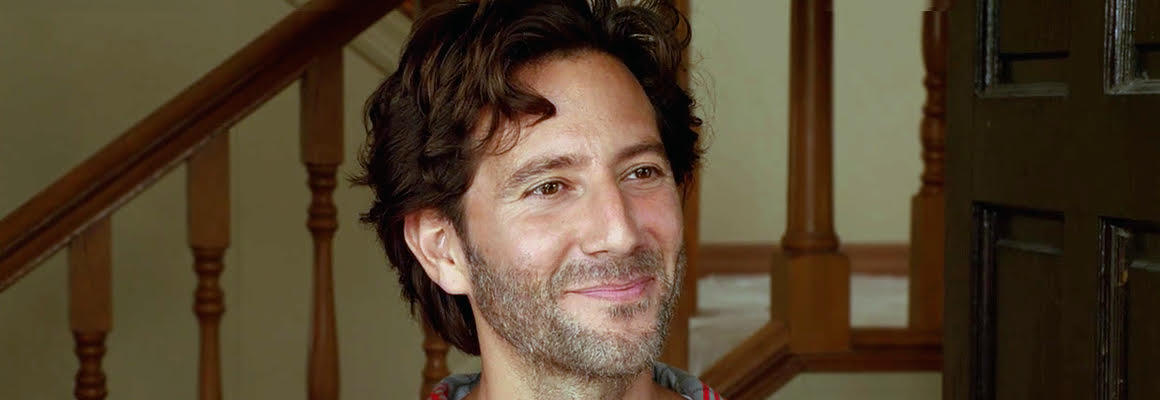

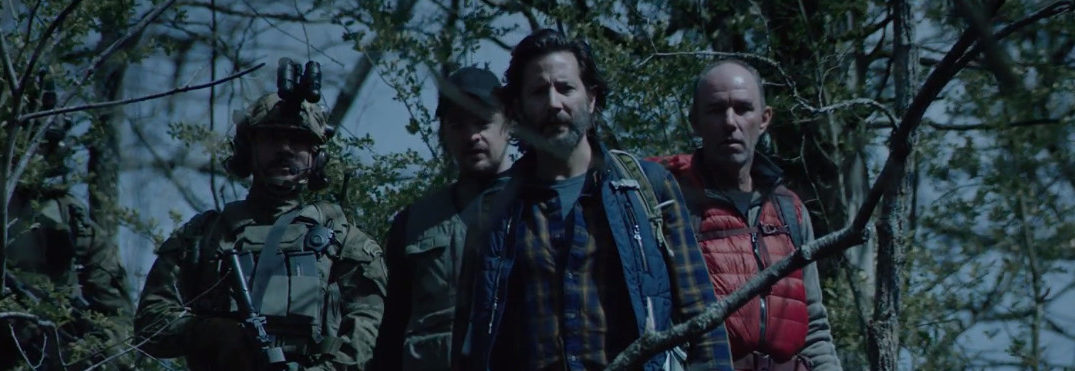




![[1198657408]a MacGyver](https://www.cusickgallery.net/wp-content/uploads/2021/07/1198657408a-MacGyver-e1627604023448-1160x400.jpg)





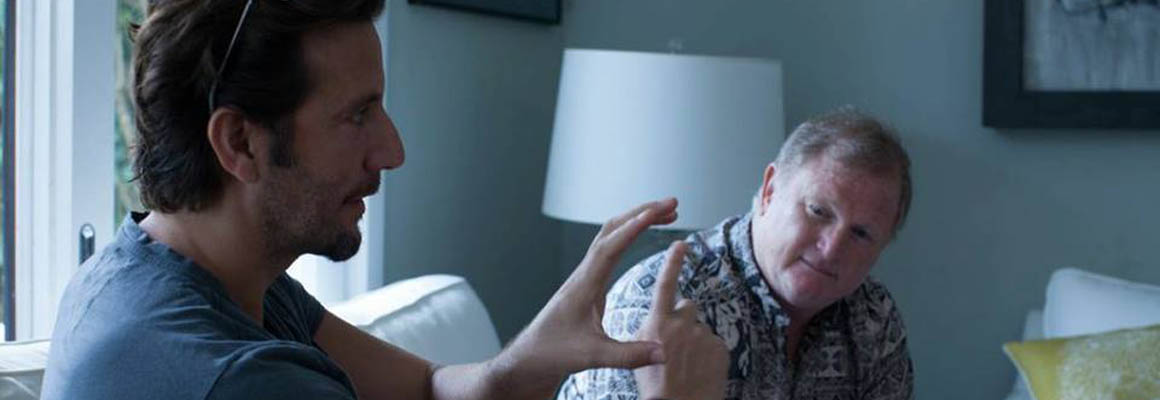






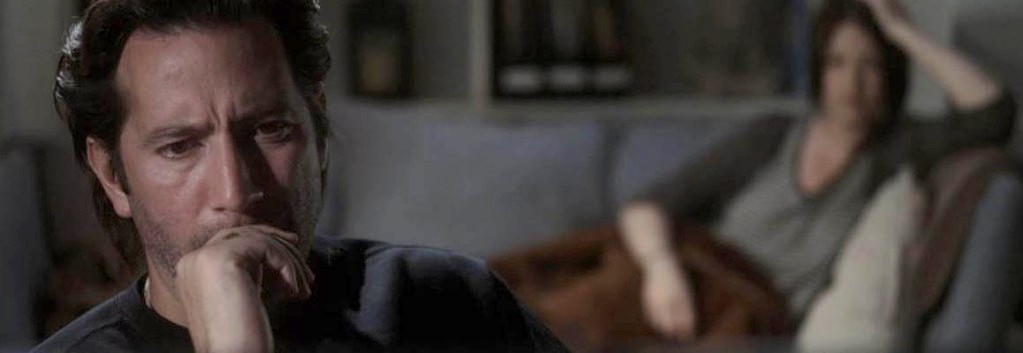
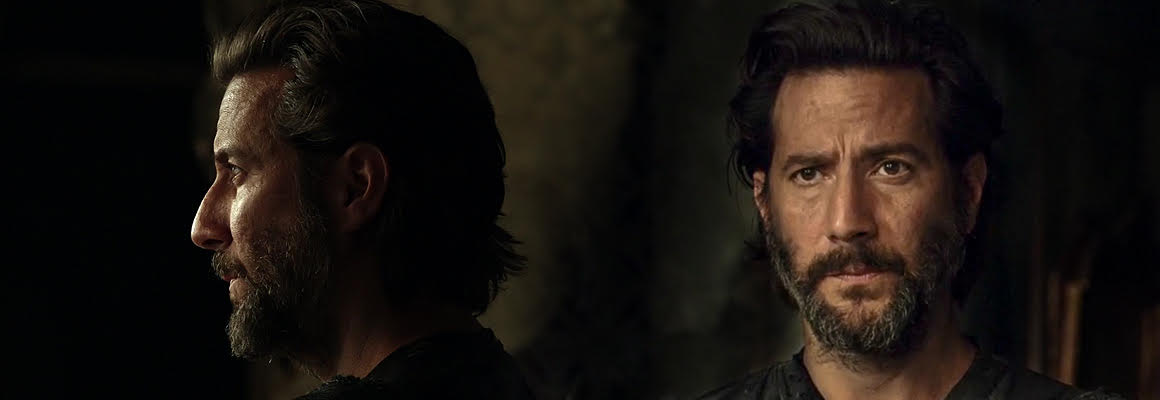




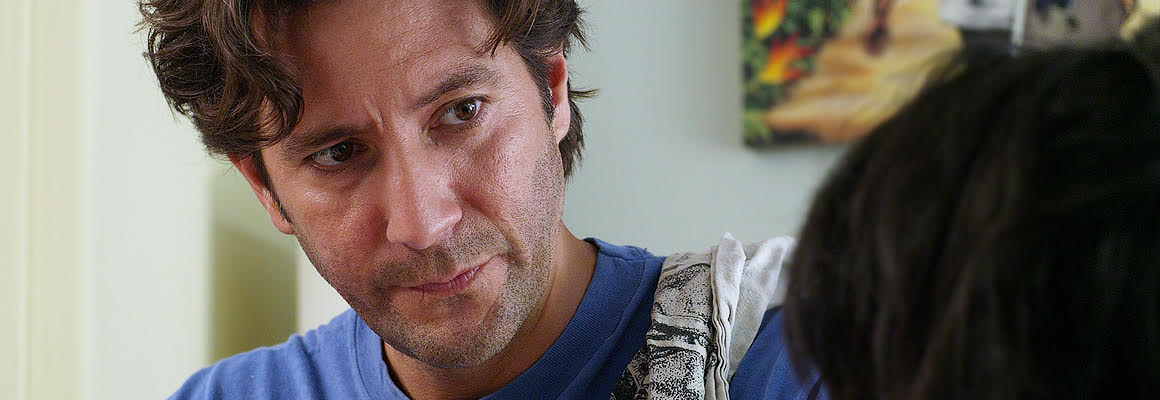
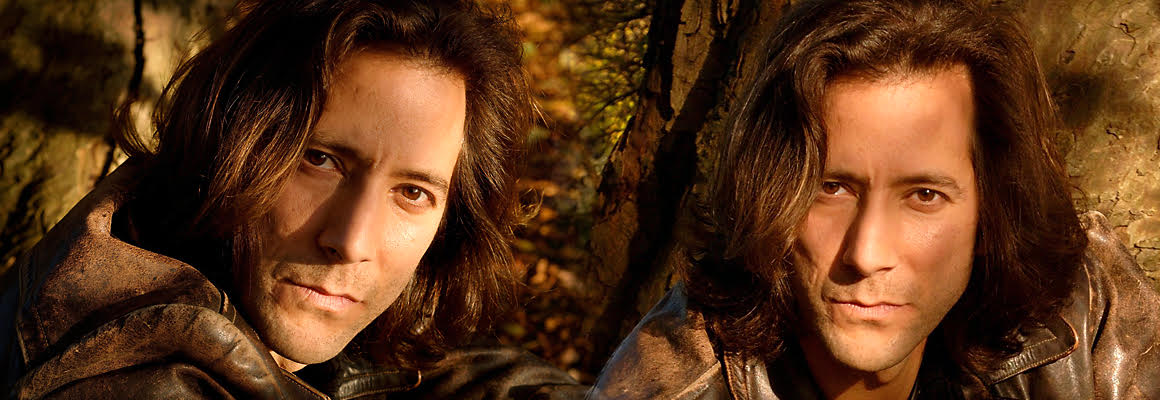







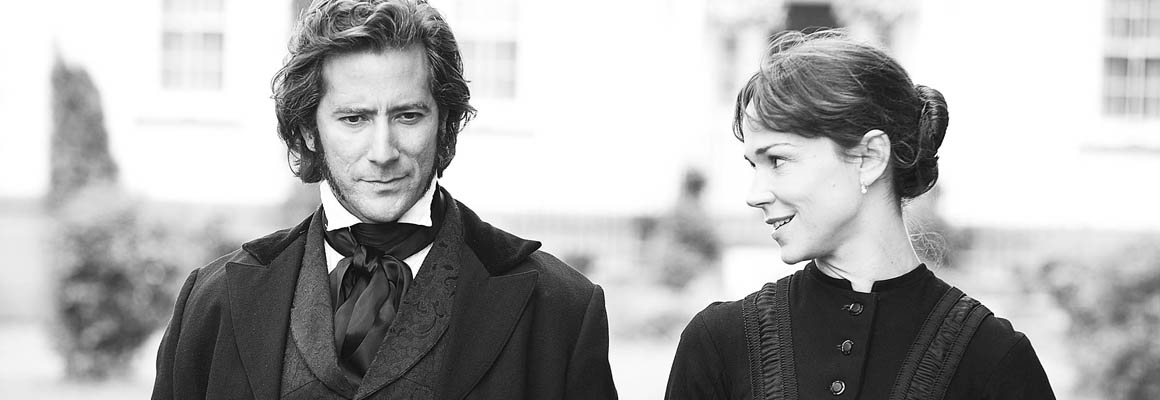


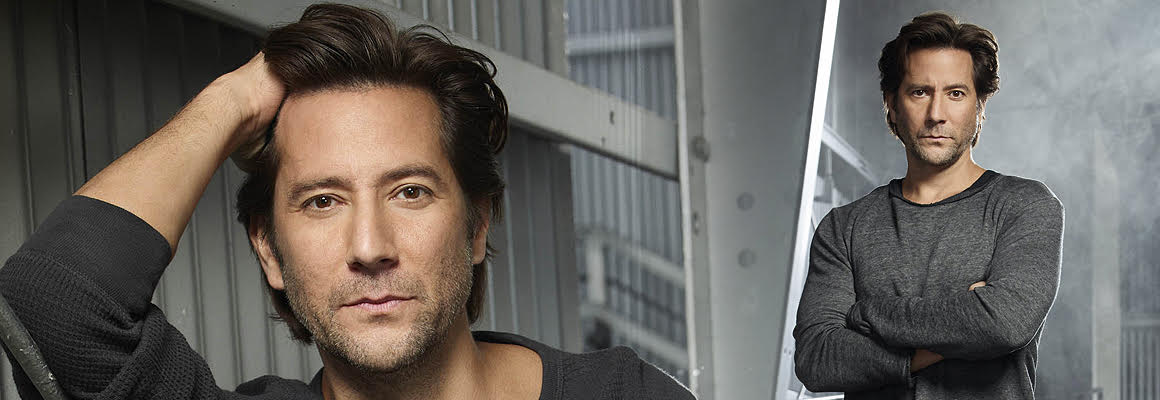

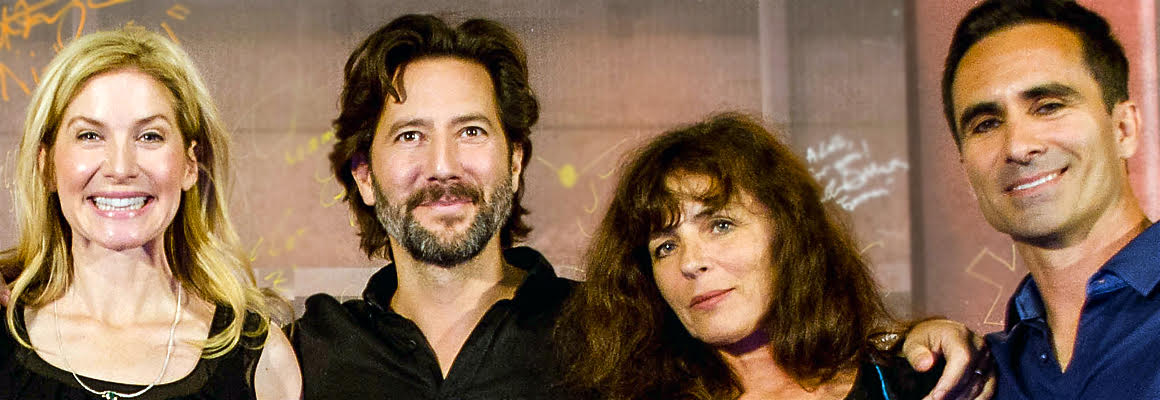
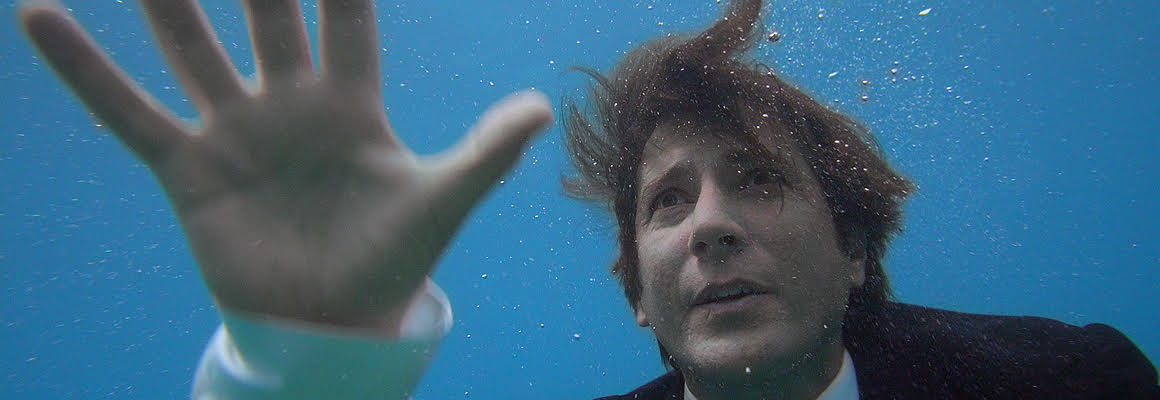


 Awaken Film
Awaken Film Henry Ian Cusick – Facebook
Henry Ian Cusick – Facebook Henry Ian Cusick – Vimeo
Henry Ian Cusick – Vimeo Henry Ian Cusick – YouTube
Henry Ian Cusick – YouTube Henry Ian Cusick Official Site
Henry Ian Cusick Official Site Henry Ian Cusick SoundCloud
Henry Ian Cusick SoundCloud Henry Joe Productions
Henry Joe Productions Birthday Edition
Birthday Edition 1 Million Followers
1 Million Followers 10.0 Earthquake
10.0 Earthquake After the Rain
After the Rain Awaken
Awaken Carla
Carla Chimera
Chimera Darwin's Darkest Hour
Darwin's Darkest Hour Dead Like Me:Life After Death
Dead Like Me:Life After Death dress (directoral debut)
dress (directoral debut) Fluxx
Fluxx Frank vs. God
Frank vs. God Hae Hawai'i
Hae Hawai'i Half Light
Half Light Hitman
Hitman Jamojaya
Jamojaya Just Let Go
Just Let Go Not Another Happy Ending
Not Another Happy Ending Pali Road
Pali Road Perfect Romance – Lifetime
Perfect Romance – Lifetime Rememory
Rememory The Girl on the Train
The Girl on the Train The Gospel of John
The Gospel of John The Wind & The Reckoning
The Wind & The Reckoning Visible
Visible Theatre Gallery
Theatre Gallery Adventure Inc.
Adventure Inc. Casualty
Casualty Happiness
Happiness Midsomer Murders
Midsomer Murders Murder Rooms
Murder Rooms Taggart
Taggart The Book Group
The Book Group Two Thousand Acres of Sky
Two Thousand Acres of Sky Waking the Dead
Waking the Dead 24 – Fox
24 – Fox 911: Lone Star
911: Lone Star Big Sky – ABC
Big Sky – ABC Body of Proof – ABC
Body of Proof – ABC CSI: Las Vegas – CBS
CSI: Las Vegas – CBS Fringe – Fox
Fringe – Fox Hawaii Five-O – CBS
Hawaii Five-O – CBS Inhumans – ABC
Inhumans – ABC Law and Order: SVU – NBC
Law and Order: SVU – NBC Lost – ABC
Lost – ABC NCIS: Hawai'i – CBS
NCIS: Hawai'i – CBS Scandal – ABC
Scandal – ABC The 100 – The CW
The 100 – The CW The Mentalist – CBS
The Mentalist – CBS The Passage – Fox
The Passage – Fox HTY – The HI Way Series
HTY – The HI Way Series JamBios
JamBios Nestor Carbonell Central
Nestor Carbonell Central Petition – Carlton Cuse – Please Make A Show For Team Caliente (Henry Ian Cusick and Nestor Carbonell)
Petition – Carlton Cuse – Please Make A Show For Team Caliente (Henry Ian Cusick and Nestor Carbonell) Cusick On Screen – Instagram
Cusick On Screen – Instagram CusickChick's Tumblr
CusickChick's Tumblr Henry Ian Cusick – IMDb
Henry Ian Cusick – IMDb Shannon's Tumblr
Shannon's Tumblr Yatanis Tumblr
Yatanis Tumblr CusickGallery Facebook
CusickGallery Facebook CusickGallery Instagram
CusickGallery Instagram CusickGallery Pinterest
CusickGallery Pinterest CusickGallery Tumblr
CusickGallery Tumblr CusickGallery Twitter
CusickGallery Twitter CusickGallery YouTube
CusickGallery YouTube Des & Pen Fanpop spot
Des & Pen Fanpop spot Desmond Hume Fanpop spot
Desmond Hume Fanpop spot FanForum – Henry Ian Cusick
FanForum – Henry Ian Cusick FanForum – Marcus Kane
FanForum – Marcus Kane HIC Fanpop spot
HIC Fanpop spot Kane & Abby Fanpop site
Kane & Abby Fanpop site Lost Screencaps site
Lost Screencaps site